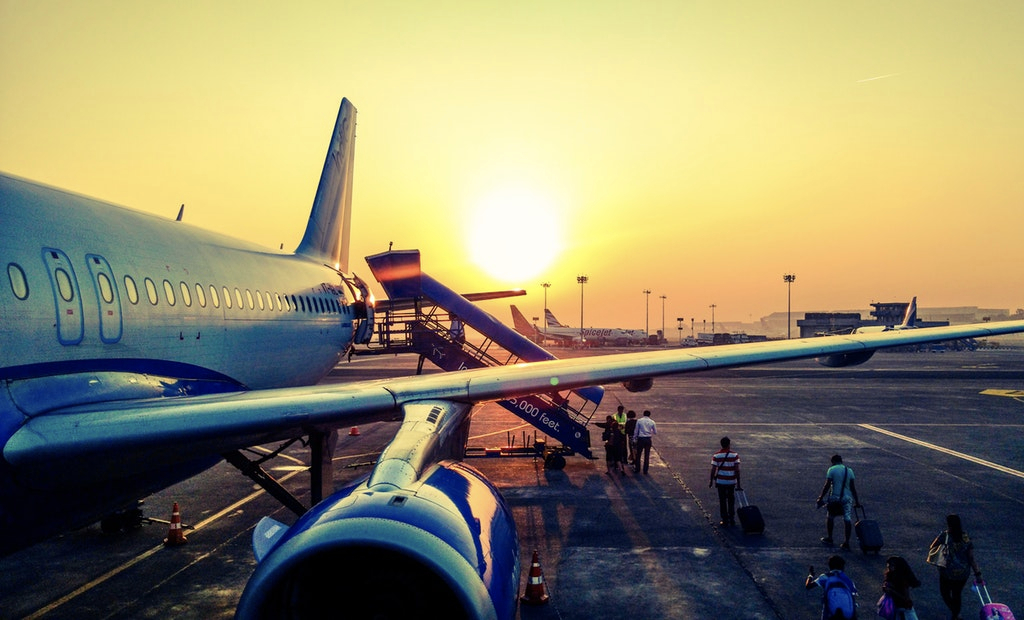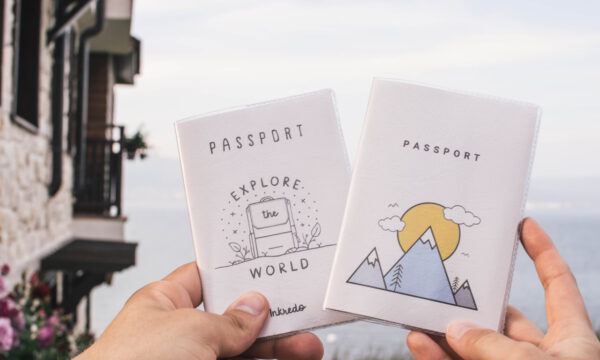Top tips to travel without overpaying

Travelling can be a great way to explore the world and broaden someone’s perspective, but it also has its drawbacks. For instance, ending up in a new country with an unfamiliar currency and paying twice the price for something that would cost half as much back home. To avoid these unpleasant surprises, here are some tips on how to manage the finances while travelling.
Avoid travel agencies
Clearly, there are a lot of advertisements for travel agencies. While those agencies make travelling convenient, this is not the best idea when someone is trying to travel on a budget. The low price that displayed is often a standard package and doesn’t cover necessary services like luggage transport or transfer from the airport. Summing everything up, it turns out that it would be less expensive going independently. This way is better because it’s possible create a trip plan tailored specifically for personal needs.
Search for inexpensive flights
Many travelling search engines can help you find an inexpensive flight. They also have the option to filter your search by budget and number of stops (e.g., direct flights only), which can help save even more money.
Research cheap accommodation options
If you know where you’re going, research places to stay ahead of time. This way, you know whether or not this place fits within your budget before booking it. It’s better to avoid last-minute bookings that might cost more than if you had made reservations in advance. This is also a great way to know the culture of the place you’re visiting. Many of the private lenders will surprise you with the hospitality of which you wouldn’t even dream of in a hotel.
Exchange currency
When you booked a flight, hotel and transfer it’s time to think about what you’ll do on your trip. It certainly involves money. If you’re travelling abroad, it’s always good to get the best rates when exchanging currency. This can be done either through a bank or through exchange companies. If you do decide to choose the latter, make sure that they are reputable and offer competitive rates. It’s also important to avoid using foreign currency at ATMs because the fees are usually very high. When you want to withdraw money while abroad, it might be better to use your debit card than your credit card because it’s cheaper.
Use e-wallet
Sometimes you just don’t have the time to go to the exchange office. But don’t worry. Some services can provide you with just that, and with competitive exchange rates! E-wallets, like PlixPay help you exchange money and then store it. You don’t have to take a lot of cash with you and worry about getting robbed.
Avoid paying too much for products and services
Many countries, whose economy is mainly based on tourism, let you pay in different currencies. But this is just a trick! For example, when you want to buy a souvenir in a market in Egypt, the price will be 5 EUR or 5 USD or 5£ or 5 EG£. You don’t have to be a mathematician to know that the prices don’t align. That’s why you should always have the currency of the country you’re visiting.
Furthermore, local merchants have different prices for tourists. You can always try to bargain, especially if it’s a touristy place.
Avoid scams while travelling
One of the most important things that you need to know when travelling is how not to get scammed. You should always keep your guard up and be on the lookout for scams. For example, people might try to sell you fake goods, they could pretend to be officials who make false claims about the law, or they might tell you that your bank card has been deactivated. Always be sceptical of any offers or propositions that seem too good to be true.
Taxi scam
One of the most popular scams is a taxi scam. Always ask for the price before getting into a cab! And be very specific, some taxi drivers can tell you that the drive is 20 USD, but when it comes to paying they will say that it was 20 USD per person.
Now you know the best tips for travelling without overpaying. Being conscious about money means travelling more. Everything you didn’t spend you can allocate for another trip and visit all the places you wanted to see.
The editorial unit



















Facebook
Twitter
Instagram
YouTube
RSS